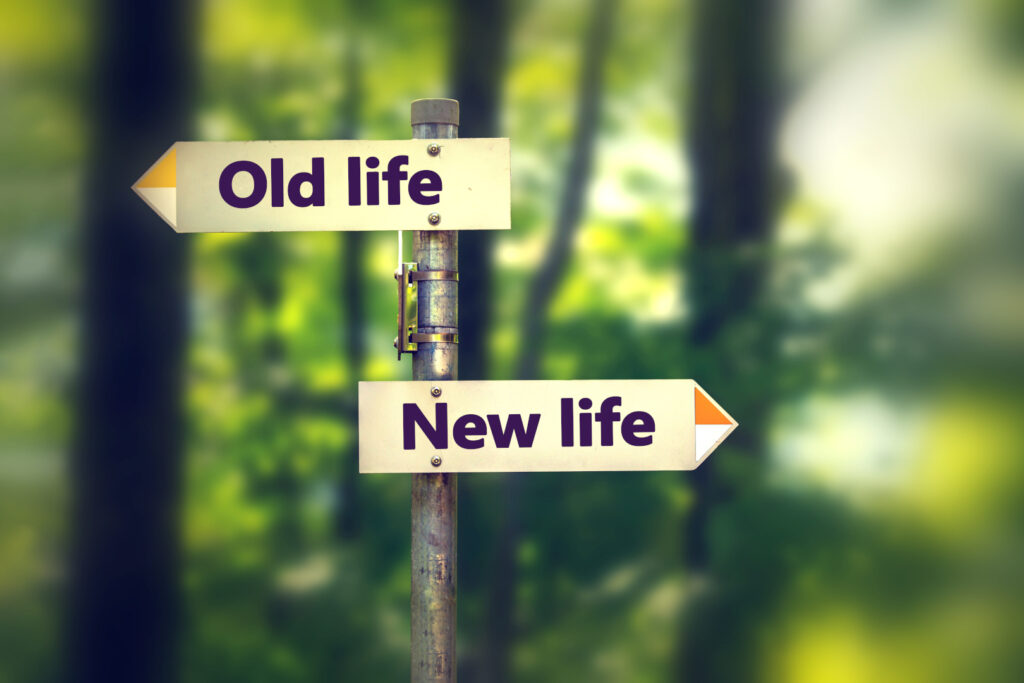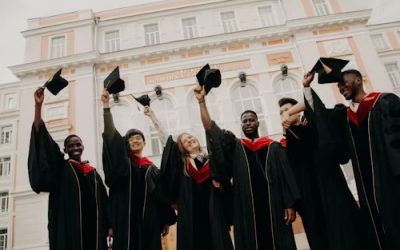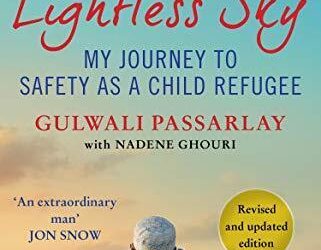
Taking a journey can be both exciting and terrifying. Still, once we arrive at our destination, we can generally breathe a sigh of relief and begin to enjoy our new surroundings. Unfortunately, that is not often the case for migrants and refugees, particularly if the journey is enforced upon them. In the TogetherintheUK (TGIUK) publication, Hear Our Stories, an anthology of writings on migration, the amazing stories and poetry have been contextualised to reflect the different stages of the migrant journey.
One of the authors, Michael Ndoun, composed three pieces exposing the psychological journey many migrants and refugees face. A journey that sadly does not always end when they arrive at their destination. His emotionally charged writings reflect the mental and physical trauma endured through the whole process.
Unfortunately, discrimination based on a person’s skin colour or perceived racial identity is prevalent in almost all forms of society. This discrimination is entrenched through systemic practices perpetuating racial inequalities and impacting many areas of day-to-day life.
Through Michael’s unfiltered and thought-provoking choice of language, he reflects the depth of discrimination and humiliation faced by those of “dark skin”.
“They say I ‘m dirty and a drain from a shit hole nation. This dirty drain is now a pain to a whole nation.”
Immigrant Blues, Michael Ndoun
There is no justification for racial discrimination; the reasons are as complex as unjust. Historically, we can trace back to the legacy of slavery, colonisation and imperialism that created a culture that historically disadvantaged people of colour.
“This dark skin species could be the smartest of all. Delineated as domestic animals, bred in cages to feed, to work, to please, to comfort and ease the pain of a stainless nation.”
Immigrant Blues, Michael Ndoun
Sadly, this legacy continues to influence perceptions and attitudes towards people of colour and, in particular, towards migrants of colour.
Another stage in the psychological journey for many migrants is enduring the pain and trauma they faced directly or indirectly in their country of origin or during their physical journey. While the term PTSD is fairly commonplace, the depth of the recurring trauma of PTSD is difficult to convey. Nevertheless, Michael shares insight in his graphic and emotionally challenging poem.
“Picture our average victim of torture. Appears confident, purposeful, and competent but masked by pain and treachery.
Beneath the surface (which is in itself another journey), you will find a broken, lost, and fragile individual on the verge of giving up.”
Survivor’s Plea, Michael Ndoun
Through his writing, Michael strives to express that the feeling of being displaced without the comfort of a familiar culture and the support of a community can lead to refugees continuously searching for a sense of physical and mental freedom. Ultimately, this constant need to feel safe, even in what could be considered a safer environment, can lead to mental health issues.
It is difficult to understand the anguish of being forced to flee your home. Nonetheless, some assume that refugees are here only to take advantage of a generous society in terms of social welfare, particularly the NHS. Refugees can often feel pushed to the outer edge of society when they are constantly questioned on why they have come to the UK – by immigration officers, the media, landlords, employers or simply the person in the local newsagent. Michael eloquently asks the pertinent question and will make the reader think or rather question what they should think, which is what storytelling is about.
“How can we not question the questioner’s question?
Uncivilised, Michael Ndoun
Media play an important role in framing the “refugee crisis” debate. The critical narratives in some elements of the UK mainstream media have contributed to refugee stereotyping.
“My story has been miserably reported, painting pictures of a dark soul craving for attention. My good and bad deeds never got recorded”.
Uncivilised, Michael Ndoun
The dissemination of inaccurate, biased information perpetuates negative stereotypes. Moreover, this contributes to creating an unfavourable environment for refugees and, ultimately, developing progressive, long-term policies to address the refugee crisis.
And given that the narrative is very often one-sided, organisations such as TogetherintheUK are determined to provide a platform for refugees and migrants to respond to some of the criticism and share their stories. Providing a voice to migrants and refugees is at the heart of everything TGIUK does. Compiling the Hear Our Stories anthology with Support Us gives readers an insight into what it means to leave your country and start again. You can pre-order a copy of Hear Our Stories here.
Michael Ndoun is a published author, artist, and poet. As a writer, Michael’s passion for writing started at a young age, and it grew even more vital when for thirteen terrifying weeks, immigration officials incarcerated him. He credits this experience as transformative, allowing him to grow and learn as a person and writer. His ethos is that words can open doors of imagination, unite spirits through visions and facilitate the sharing of different sides of the same story.






